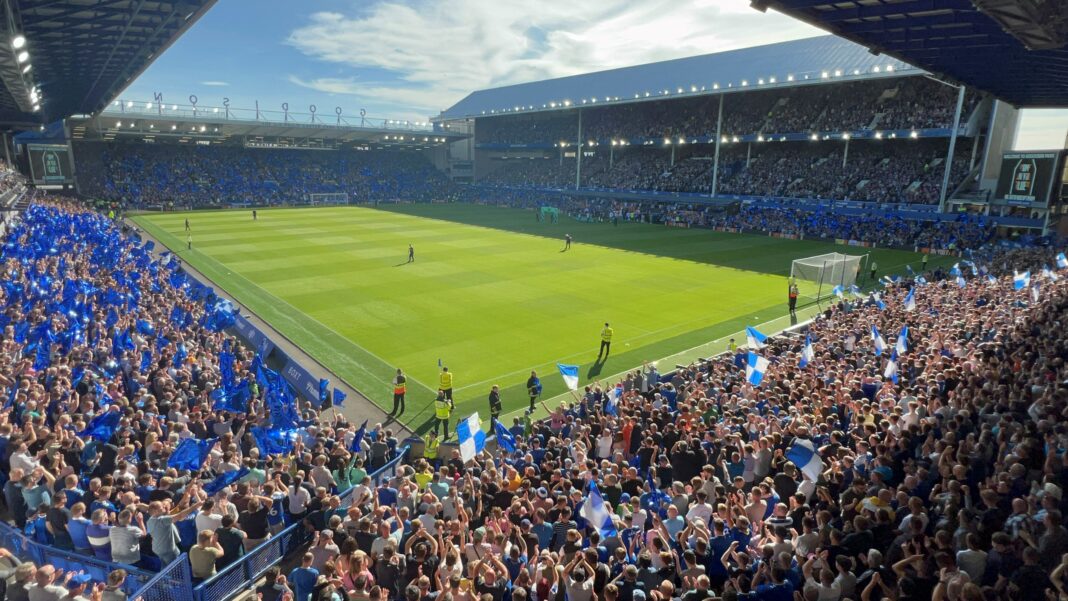The Premier League has been the highest echelon of the English football system since it was founded in 1992, when the First Division decided to break away from the English Football League. Teams are promoted to the Premier League from the English Football League (EFL) every season, and those that cannot keep up with the level of skill in the Premier League will find themselves demoted back to the EFL.
What this means for football teams is that they need to have the money to spend on players, both for initial purchases and the often eye-watering salaries that the best footballers need, and some of that cash comes from sponsorships.
Football and Gambling
The Premier League is the most-watched sports league in the world. The UK TV rights for matches shown by Sky TV and TNT Sports were worth £5 billion at the end of the 2024/25 season and are set to rise to £6.7 billion between 2025 and 2029. Internationally, the Premier League earned £5.6 billion from TV rights globally between 2022 and 2025, with matches streamed live into 212 territories and a claimed audience of somewhere in the region of 4.7 billion people.
This is great news for the league itself, run as a corporation with a Chief Executive (and the clubs as shareholders), but when it comes to being a force to be reckoned with, teams need to make the most money that they can.
Ban on Sponsorship
Spearheading the change to football sponsorship is the Big Step campaign, led by people harmed by gambling. This campaign, and the Gambling-Related Harms All-Party Parliamentary Group, have lobbied because they believe that shirt sponsorship by betting companies ‘normalises’ gambling for children, and that all sponsorships from gambling organisations should be banned in all sports.
This isn’t a decision that the Premier League has taken lightly; in fact, many believe it was a pre-emptive move before changes were forced by the gambling white paper that was put on hold during the last Conservative government.
What It Means For Premier League Teams & Sponsors
The most prominent place for a company to sponsor a football team is to have their name or logo plastered across the front of the team kit – and it is that front of shirt sponsorship position that is being called into question. There’s no denying how important sponsorship is to football clubs and the sponsors themselves. Many of the providers at Casino.org offer UK casino bonuses, and the best way they can make people aware of what they have to offer is to have their brand on display in the nation’s favourite sports league.
However, the new rules coming into play in the 2025/26 season mean that Premier League teams are not allowed to sign new front-of-shirt sponsorship deals with gambling companies.
However, it is important to note that current sponsorship deals are not affected, and advertising on hoardings and shirt sleeves is still allowed.
There are currently seven PL teams that have front-of-shirt sponsorship from gambling companies:
- Bournemouth
- Brentford
- Everton
- Fulham
- Newcastle
- West Ham
- Burnley
The biggest effect that this ruling will have is to make it more difficult for the smaller teams to make as much money as the Big Six, making them less competitive in the league and more likely to be relegated.
However, if leagues in Europe like La Liga and Serie A can completely ban all gambling sponsorship and marketing yet still provide world-class players with the salaries and other recompense that they are expecting, then it is clear there are other ways for Premier League teams to make money.
Other Sponsorship Opportunities
With so many other types of companies sponsoring football teams, from crypto startups through to well-known financial organisations, shipping companies, and others, there are plenty of ways for football teams to make sure that they remain competitive, even in the big leagues.
This could represent a way for big-name teams to demonstrate their connections to the local area in which they play – the heart of where their supporters are – by looking at making connections in the community. This might look like the Ginsters’ sponsorship of Plymouth Argyle, where a local charity is using the front of the shirt space, or it might look like Leeds’ sponsorship deal with a local building company.
With so many other options available for football teams – and the likelihood that all gambling sponsorship should be removed from football going forward – all Premier League team boardrooms will need to look outside the box to ensure that they can remain competitive at the top of the table, financially as well as on the pitch.





